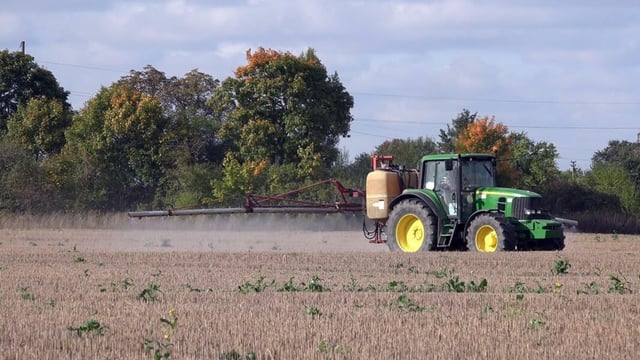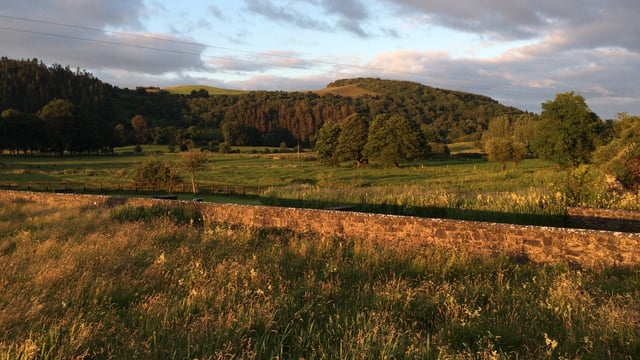Advice: Milk recording in preparation for selective dry cow therapy
It is not too late in the year to start milk recording in preparation for selective dry cow therapy (SDCT), according to Michelle McGrath, acting CellCheck programme manager with Animal Health Ireland (AHI).
Speaking on the latest episode of Farmland, McGrath explained the benefits of milk recording in relation to the SDCT approach, and said that it is not too late in the year to begin.
You can view the full interview by clicking on the video below.
McGrath added that it may, in fact, be one of the easier periods to do so, as farmers are not as busy training heifers in the parlour.
Her comments come after changes to European veterinary medicines regulations came into effect this year, meaning blanket dry cow therapy is no longer an option on farms.
Under the new regulations, farmers must have cell count information on individual cows, to prove their requirement for antibiotic treatment.
According to McGrath, milk recording is the most practical way to obtain and present this information.
"Really, you need at least one recording from each cow to see what their cell count is to see if they need an antibiotic," she said.
While milk recording is the most efficient way to do this, there are other ways to get the required details for those who do not record.
"It's not very practical but it would get them out of the hole and then next year they could start milk recording," she added.
The AHI programme manager also said that it is important for farmers to consult with their advisors and vets as the somatic cell count (SCC) threshold can vary from farm to farm, meaning the rate may have to be adjusted.
"That's why it is important to consult on what you should be doing and not just go straight into it yourself, because then you'll have a bad experience and then you won't want to do it again."
She added that those who have a low cell count and are milk recording are entitled to a free three-hour consult with their vet in relation to dry cow therapy.
AHI also has a number of training programmes available.





